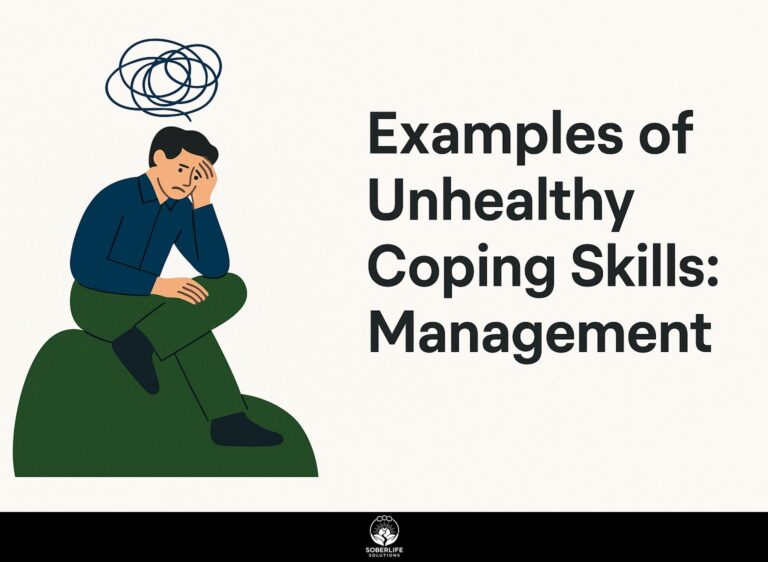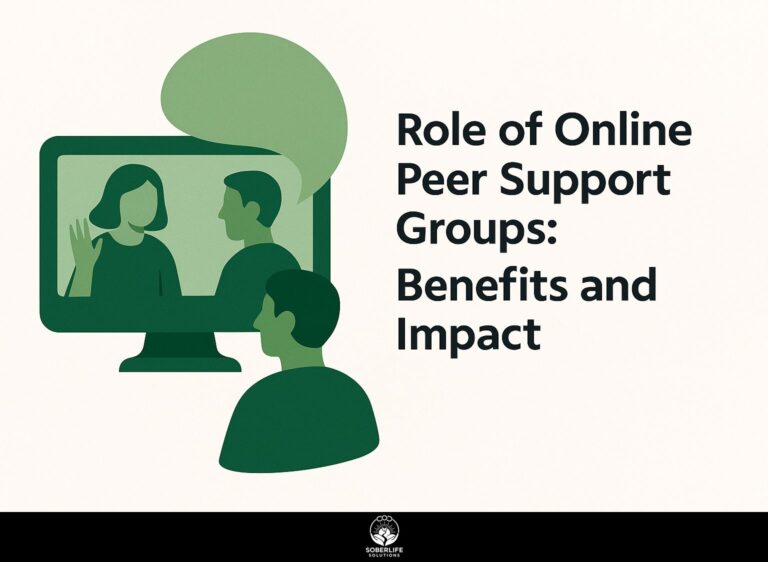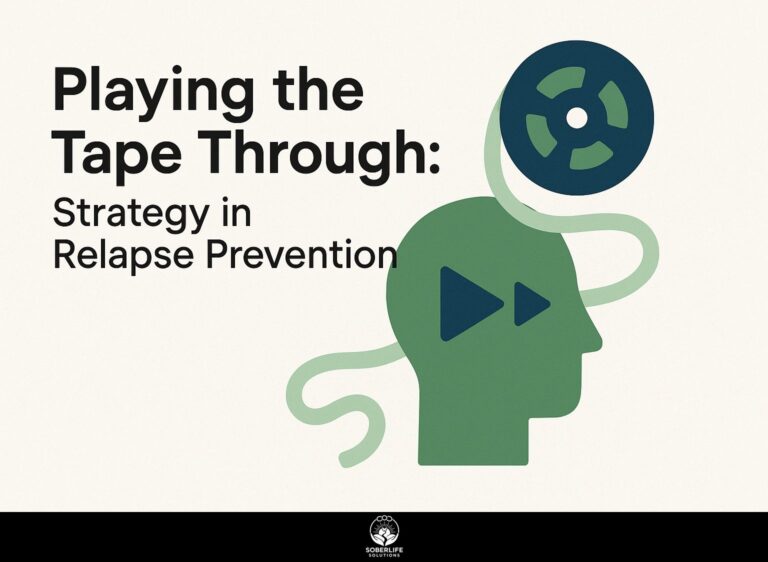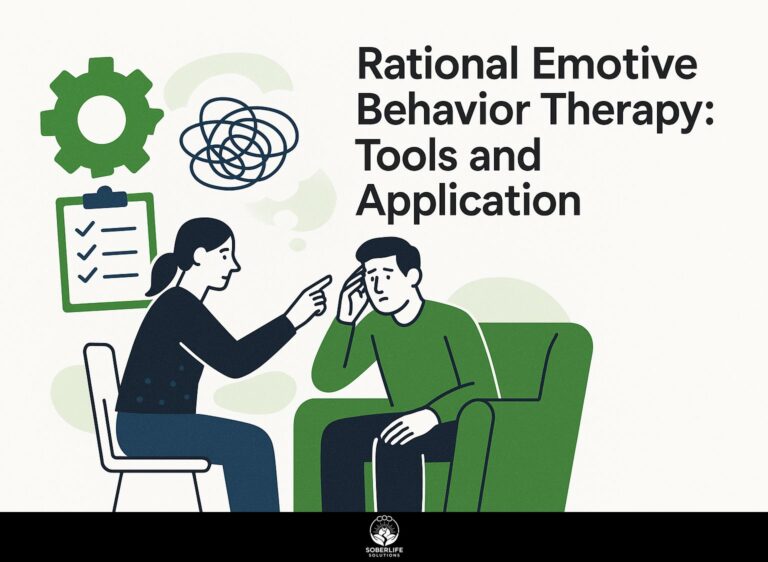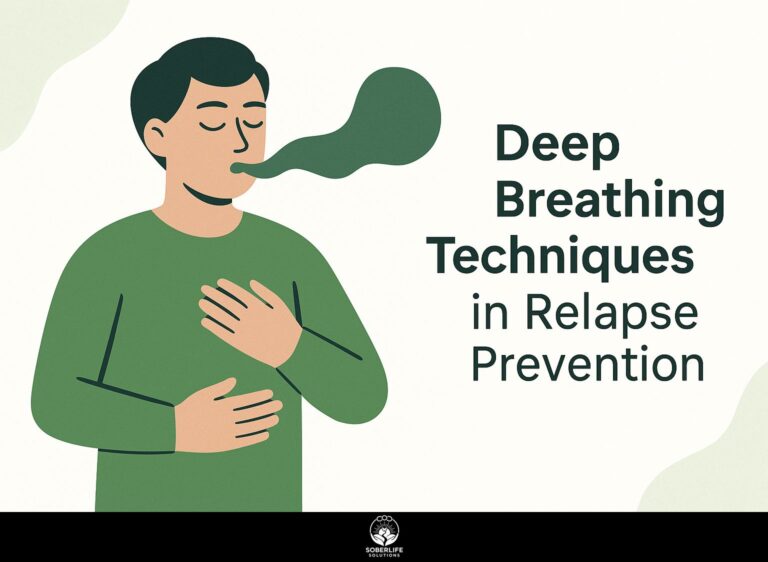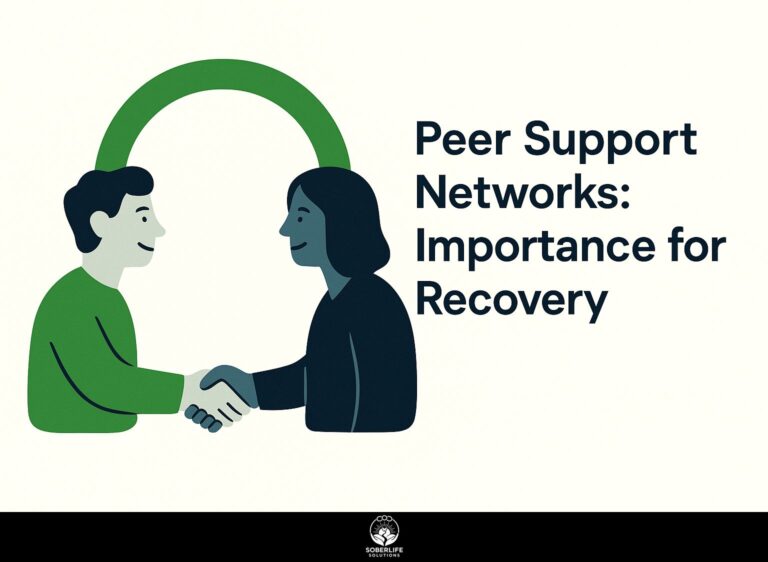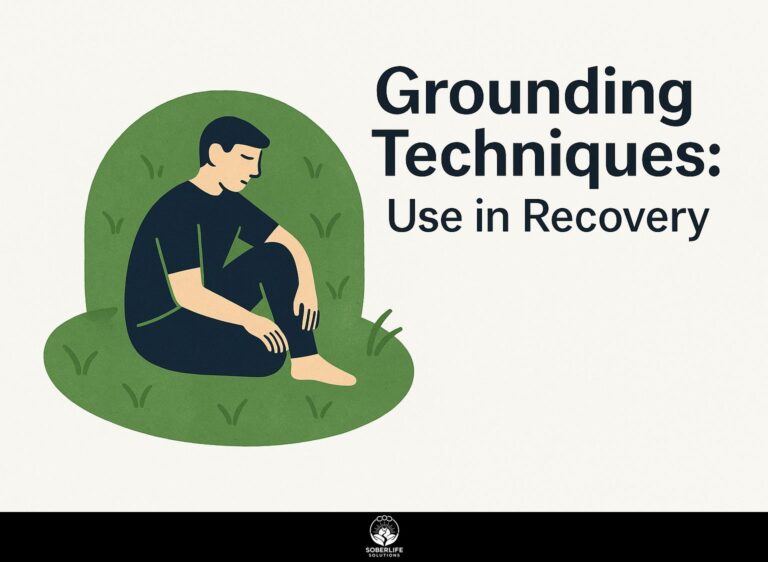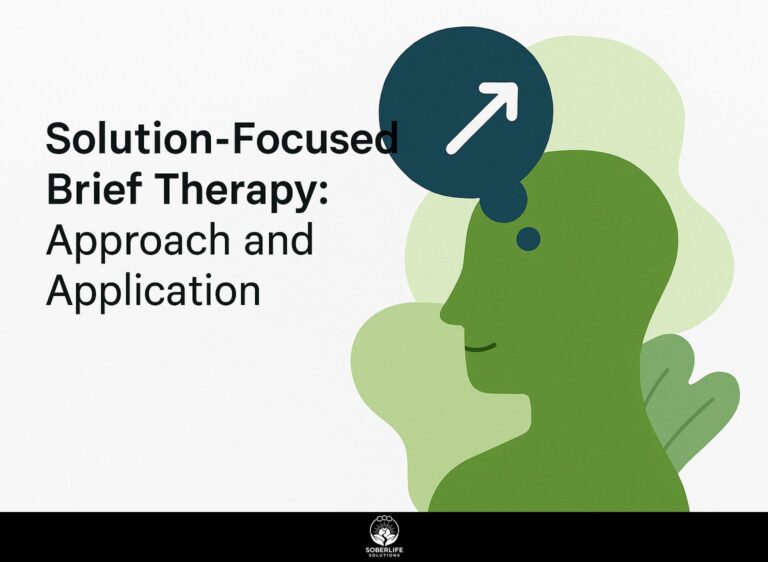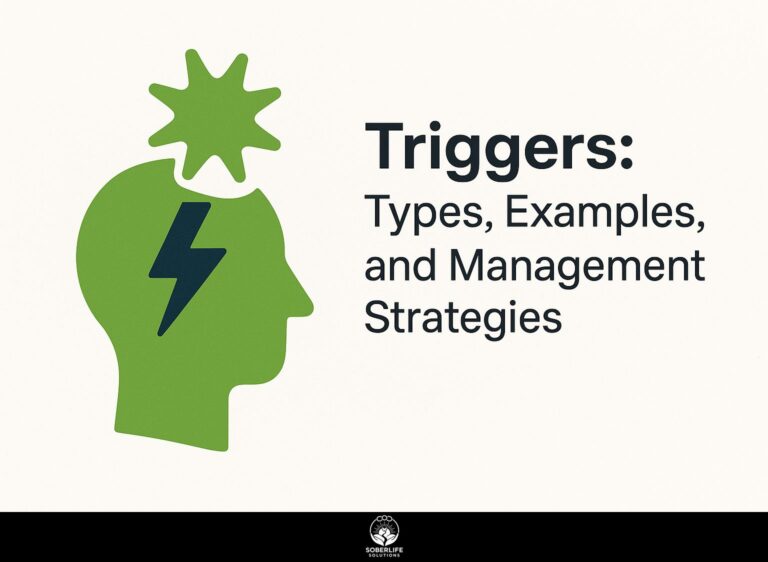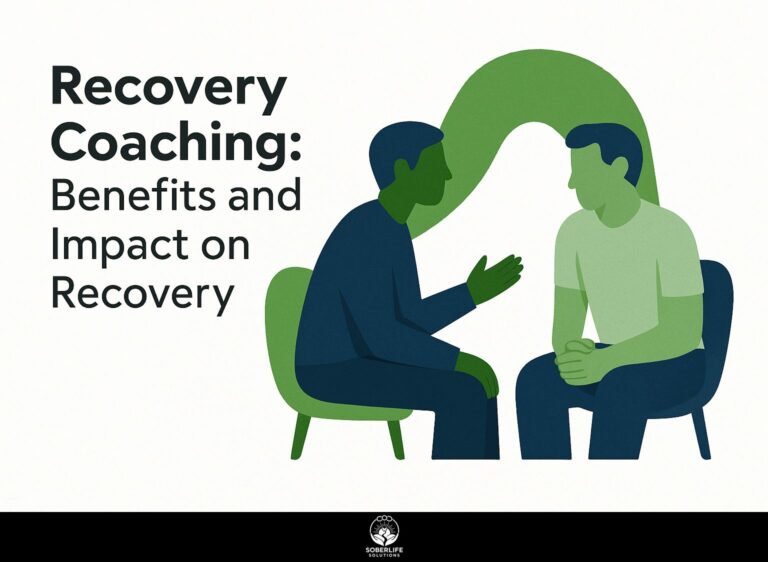Examples of Unhealthy Coping Skills: Management
Bad coping skills can seriously hurt addiction recovery, so it’s important to notice and work on them. Many individuals facing difficult emotions often turn to poor choices, like substance abuse or overeating, as a way of managing stress. This article looks at examples of unhealthy ways people deal with problems and their effects while suggesting…

